How to Apply Mineral Oil to a Black Kitchen Sink
Maintaining a black kitchen sink can be a challenge, as it is prone to showing water spots, scratches, and other marks. But with the right cleaning product, you can keep your black kitchen sink looking shiny and new. One of the best solutions for cleaning and maintaining a black kitchen sink is mineral oil.
Mineral oil is a natural and non-toxic substance that is commonly used for cleaning and polishing various surfaces. It is derived from petroleum and is safe to use on most materials, including black kitchen sinks. So, if you want to keep your black kitchen sink in top condition, here's how to apply mineral oil.
Mineral Oil: The Best Way to Clean a Black Kitchen Sink
Using mineral oil is the most effective way to clean and protect a black kitchen sink. It not only removes dirt and grime but also leaves a protective layer on the surface, preventing water spots and scratches. Unlike other cleaning products, mineral oil is gentle on the sink's surface and does not cause any damage.
Also, mineral oil is an affordable and readily available option for cleaning a black kitchen sink. You can easily find it at your local hardware store or online, making it a convenient choice for regular maintenance.
Step-by-Step Guide to Applying Mineral Oil to a Black Kitchen Sink
Applying mineral oil to a black kitchen sink is a simple process that can be done in a few easy steps. Here's a step-by-step guide to help you achieve a clean and shiny sink:
Step 1: Clean the sink: Before applying mineral oil, make sure to clean your black kitchen sink thoroughly. You can use a mild soap or dishwashing detergent to remove any dirt and grime. Rinse the sink with water and dry it with a clean cloth.
Step 2: Apply mineral oil: Pour a few drops of mineral oil onto a clean, soft cloth. Gently rub the cloth onto the sink's surface, covering it entirely. Make sure to apply the oil evenly and in a circular motion.
Step 3: Let it sit: Allow the mineral oil to sit on the sink's surface for a few minutes. This will give it time to penetrate and remove any stubborn stains.
Step 4: Wipe off excess oil: After a few minutes, use a clean cloth to wipe off any excess mineral oil on the sink's surface. You can also use a paper towel for this step.
Step 5: Buff the sink: To achieve a shiny finish, use a separate clean cloth to buff the sink's surface. This will help spread the oil evenly and remove any streaks.
Step 6: Repeat as needed: Depending on how often you use your sink, you may need to apply mineral oil once or twice a month. Repeat the process whenever you notice water spots or dullness on the sink's surface.
Why Mineral Oil is the Perfect Solution for Cleaning a Black Kitchen Sink
Mineral oil is a popular choice for cleaning black kitchen sinks because of its many benefits. Here are a few reasons why it's the perfect solution:
Gentle: Mineral oil is a gentle and non-abrasive cleaning product, making it safe to use on most surfaces without causing any damage.
Natural: Unlike some harsh cleaning chemicals, mineral oil is a natural substance that is safe for the environment and your health.
Protective: Applying mineral oil creates a protective barrier on the sink's surface, preventing water spots, scratches, and other damage.
Affordable: Mineral oil is an affordable option for cleaning and maintaining a black kitchen sink, making it a cost-effective choice in the long run.
Benefits of Using Mineral Oil on a Black Kitchen Sink
Using mineral oil on a black kitchen sink offers numerous benefits that make it the best cleaning solution. Here are some of the advantages of using mineral oil:
Removes stains: Mineral oil effectively removes stubborn stains from the sink's surface, leaving it clean and shiny.
Prevents water spots: The protective layer created by mineral oil prevents water spots from forming on the sink's surface, keeping it looking new for longer.
Easy to use: Applying mineral oil is a straightforward process that does not require any special tools or skills.
Safe: Mineral oil is a safe and non-toxic option for cleaning and maintaining a black kitchen sink, making it ideal for households with small children and pets.
Mineral Oil vs Other Cleaning Products for Black Kitchen Sinks
There are many different cleaning products available for black kitchen sinks, but mineral oil stands out from the rest. Here's how it compares to other products:
Vinegar: While vinegar is a natural and affordable option for cleaning, it can be too harsh for black kitchen sinks and may cause damage over time.
Bleach: Bleach is a strong chemical that can effectively remove stains, but it can also strip away the sink's finish and cause discoloration.
Commercial sink cleaners: These products may be specifically designed for cleaning sinks, but they can be expensive and contain harsh chemicals that may not be safe for your health or the environment.
Mineral oil: Mineral oil is a gentle, natural, and affordable option that effectively cleans and protects a black kitchen sink without causing any damage.
Tips for Maintaining a Black Kitchen Sink with Mineral Oil
To keep your black kitchen sink in top condition, here are a few tips to follow:
Wipe the sink after each use: Wiping the sink with a clean cloth after each use will help prevent water spots and make the cleaning process more manageable.
Avoid harsh chemicals: Harsh chemicals can damage the sink's finish and cause discoloration, so it's best to stick to natural and non-toxic products like mineral oil.
Don't use abrasive materials: Avoid using abrasive sponges or scrubbers on your black kitchen sink, as they can leave scratches and damage the surface.
Apply mineral oil regularly: To maintain the sink's shine and protection, make sure to apply mineral oil regularly, as needed.
Common Mistakes to Avoid When Applying Mineral Oil to a Black Kitchen Sink
While mineral oil is generally safe and easy to use, here are some common mistakes to avoid when applying it to your black kitchen sink:
Not cleaning the sink first: Applying mineral oil to a dirty sink will not give the desired results. Make sure to clean the sink thoroughly before applying the oil.
Using too much oil: Using too much mineral oil can leave a greasy residue on the sink's surface, making it difficult to clean. Use a small amount and add more if needed.
Not buffing the sink: Buffing the sink after applying mineral oil will help spread it evenly and remove any streaks or excess oil.
Using the wrong type of cloth: Using a rough or abrasive cloth can scratch the sink's surface, so make sure to use a soft and gentle cloth when applying mineral oil.
How Often Should You Apply Mineral Oil to a Black Kitchen Sink?
The frequency of applying mineral oil to a black kitchen sink depends on how often you use your sink and how quickly it gets dirty. As a general rule, it's best to apply mineral oil once a month or as needed. If you notice water spots or dullness on the sink's surface, it's time to reapply the oil.
Where to Buy Mineral Oil for Cleaning a Black Kitchen Sink
Mineral oil is readily available at most hardware stores, supermarkets, and online retailers. Look for food-grade mineral oil, as it is safe to use on kitchen surfaces. You can also find specific mineral oil products designed for cleaning and polishing black kitchen sinks.
Benefits of Applying Mineral Oil to a Black Kitchen Sink
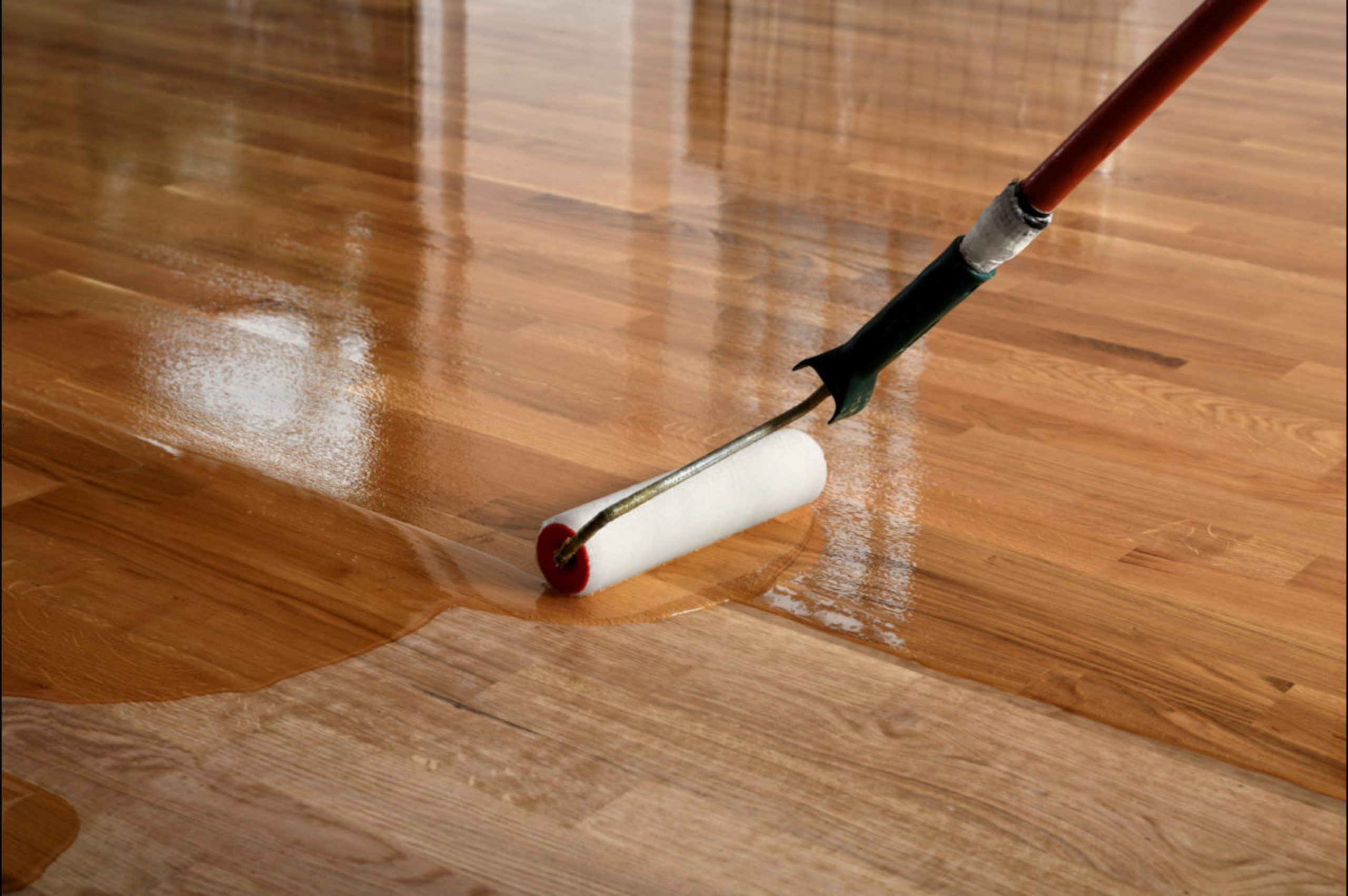
Why Choose a Black Kitchen Sink?
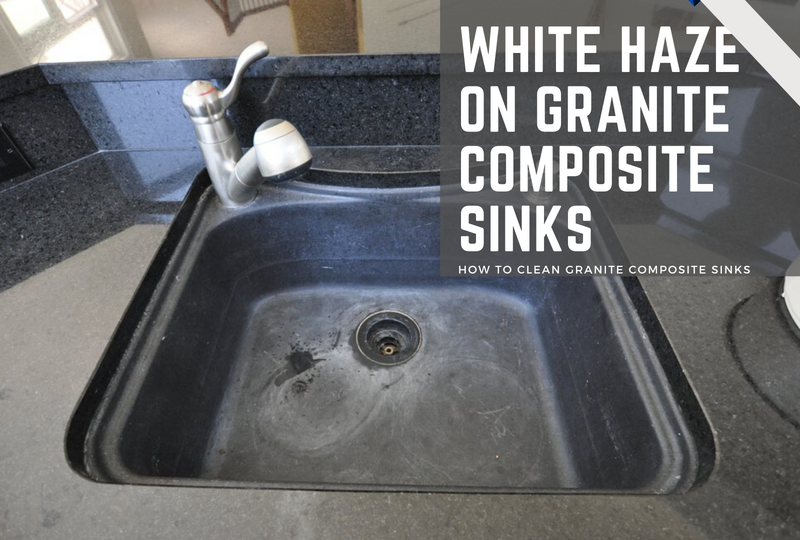 When it comes to designing or renovating a kitchen, the sink is often an overlooked aspect. However, a sink can make a big impact on the overall look and feel of a kitchen. Black kitchen sinks have become increasingly popular in recent years due to their sleek and modern appearance. Not only do they add a touch of elegance to any kitchen, but they also hide water spots and stains better than lighter sinks.
When it comes to designing or renovating a kitchen, the sink is often an overlooked aspect. However, a sink can make a big impact on the overall look and feel of a kitchen. Black kitchen sinks have become increasingly popular in recent years due to their sleek and modern appearance. Not only do they add a touch of elegance to any kitchen, but they also hide water spots and stains better than lighter sinks.
The Importance of Proper Care for Black Kitchen Sinks
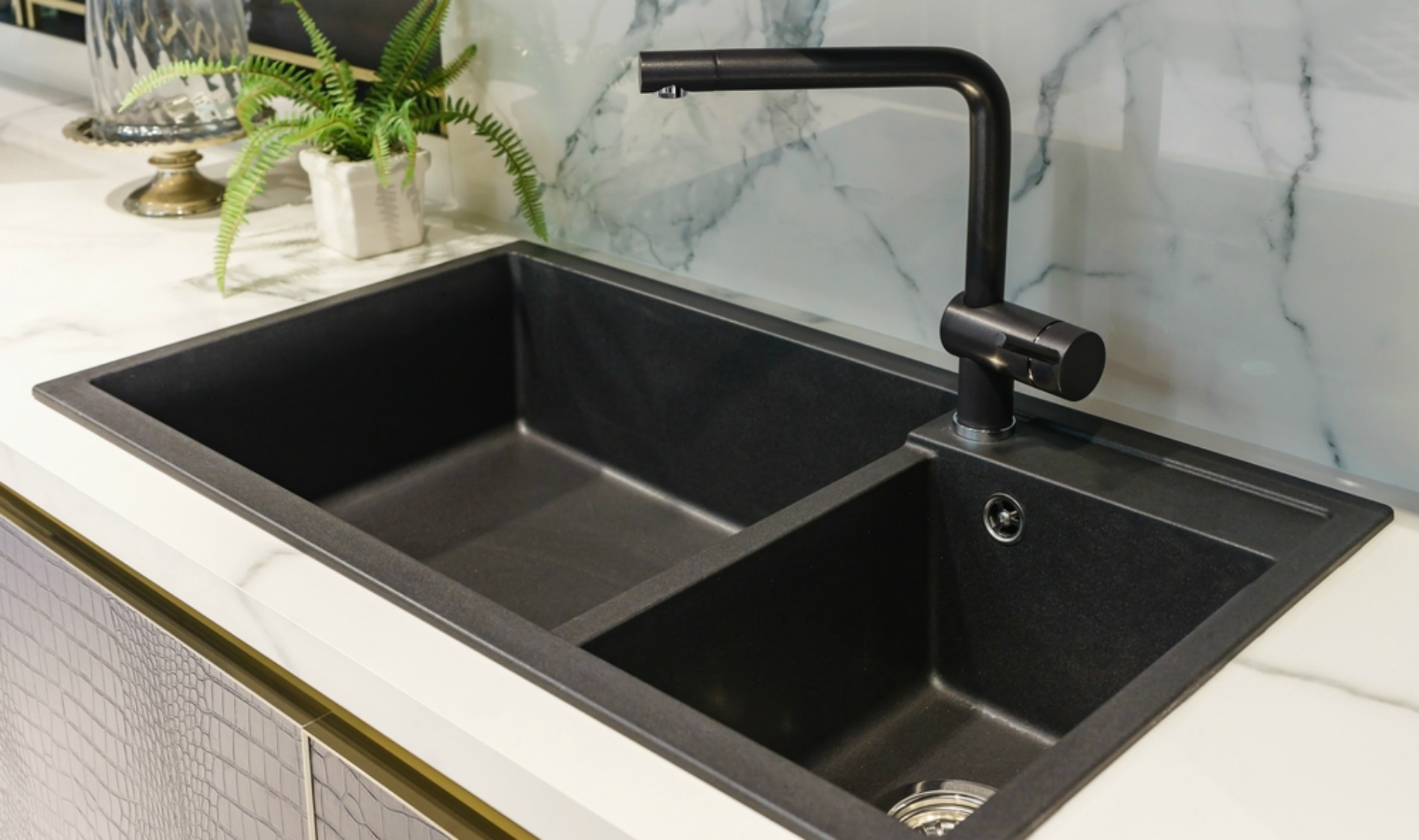 While black kitchen sinks may be more forgiving in terms of hiding water spots, they still require proper care and maintenance to keep them looking their best. This is especially true for sinks made of composite materials, such as granite or quartz, which can be prone to staining and scratching. One effective way to keep your black sink looking like new is by regularly applying mineral oil.
While black kitchen sinks may be more forgiving in terms of hiding water spots, they still require proper care and maintenance to keep them looking their best. This is especially true for sinks made of composite materials, such as granite or quartz, which can be prone to staining and scratching. One effective way to keep your black sink looking like new is by regularly applying mineral oil.
How Mineral Oil Can Benefit Your Black Kitchen Sink
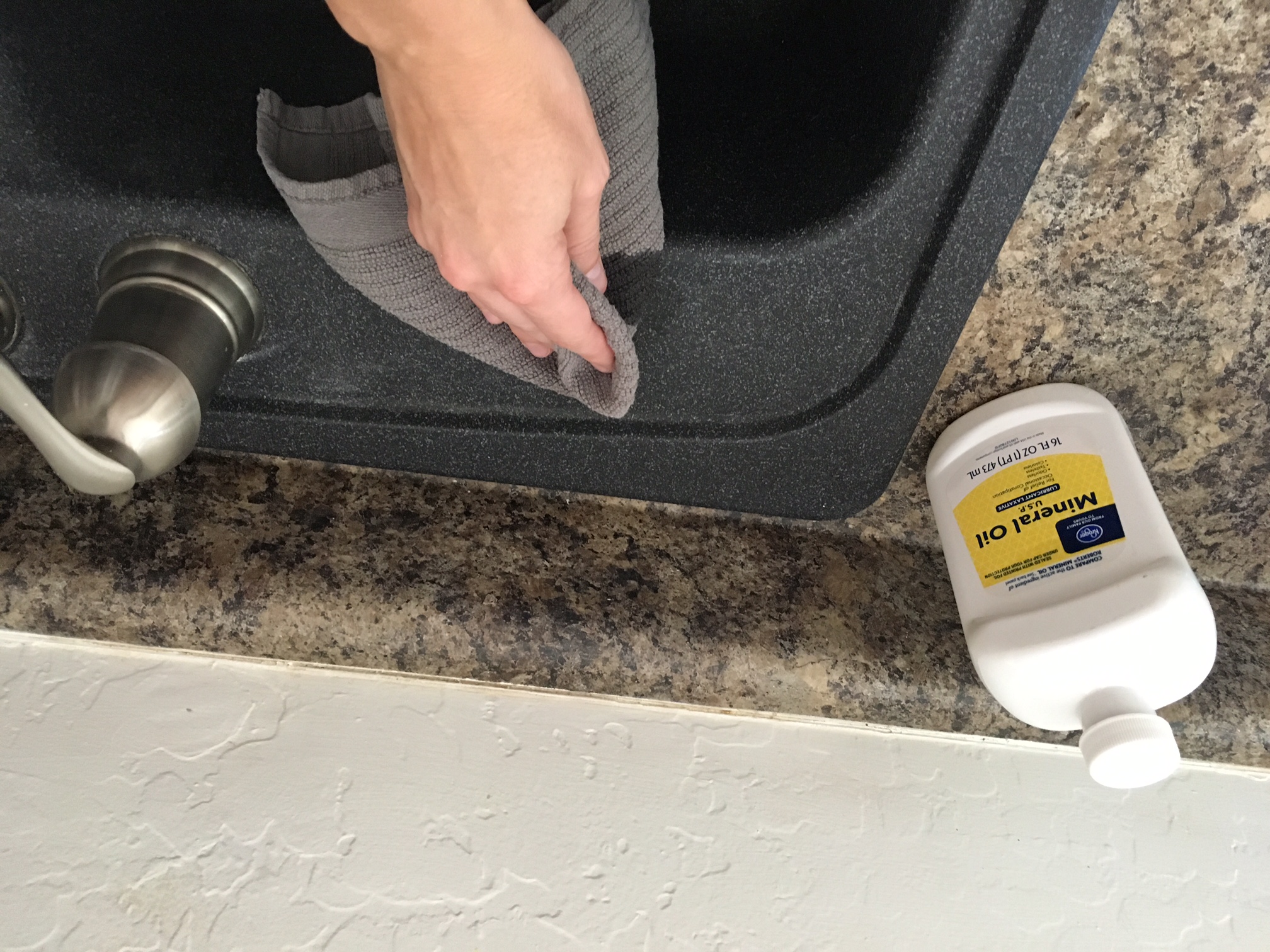 Mineral oil is a natural, non-toxic oil that is commonly used for various household purposes. When applied to a black kitchen sink, it can provide several benefits. First and foremost, it acts as a protective barrier against water, preventing water from seeping into the pores of the sink and causing stains. It also helps to maintain the sink's shine and color, keeping it looking vibrant and new. Additionally, mineral oil can help to minimize the appearance of scratches and scuffs, making your sink look smoother and more polished.
Mineral oil is a natural, non-toxic oil that is commonly used for various household purposes. When applied to a black kitchen sink, it can provide several benefits. First and foremost, it acts as a protective barrier against water, preventing water from seeping into the pores of the sink and causing stains. It also helps to maintain the sink's shine and color, keeping it looking vibrant and new. Additionally, mineral oil can help to minimize the appearance of scratches and scuffs, making your sink look smoother and more polished.
Applying Mineral Oil to Your Black Kitchen Sink
 The process of applying mineral oil to your black kitchen sink is simple and can be done in just a few easy steps. First, clean your sink thoroughly with a mild soap and water. Then, using a soft cloth, apply a small amount of mineral oil to the sink, making sure to cover all areas evenly. Let the oil sit for a few minutes, then wipe away any excess with a clean cloth. For best results, this process can be repeated every 2-3 weeks.
The process of applying mineral oil to your black kitchen sink is simple and can be done in just a few easy steps. First, clean your sink thoroughly with a mild soap and water. Then, using a soft cloth, apply a small amount of mineral oil to the sink, making sure to cover all areas evenly. Let the oil sit for a few minutes, then wipe away any excess with a clean cloth. For best results, this process can be repeated every 2-3 weeks.
Conclusion
 In conclusion, choosing a black kitchen sink is a great way to add style and functionality to your kitchen. However, to keep it looking its best, proper care and maintenance are essential. Applying mineral oil is a simple and effective way to protect and enhance the appearance of your black kitchen sink. By following these steps, you can enjoy a beautiful and well-maintained sink for years to come.
In conclusion, choosing a black kitchen sink is a great way to add style and functionality to your kitchen. However, to keep it looking its best, proper care and maintenance are essential. Applying mineral oil is a simple and effective way to protect and enhance the appearance of your black kitchen sink. By following these steps, you can enjoy a beautiful and well-maintained sink for years to come.



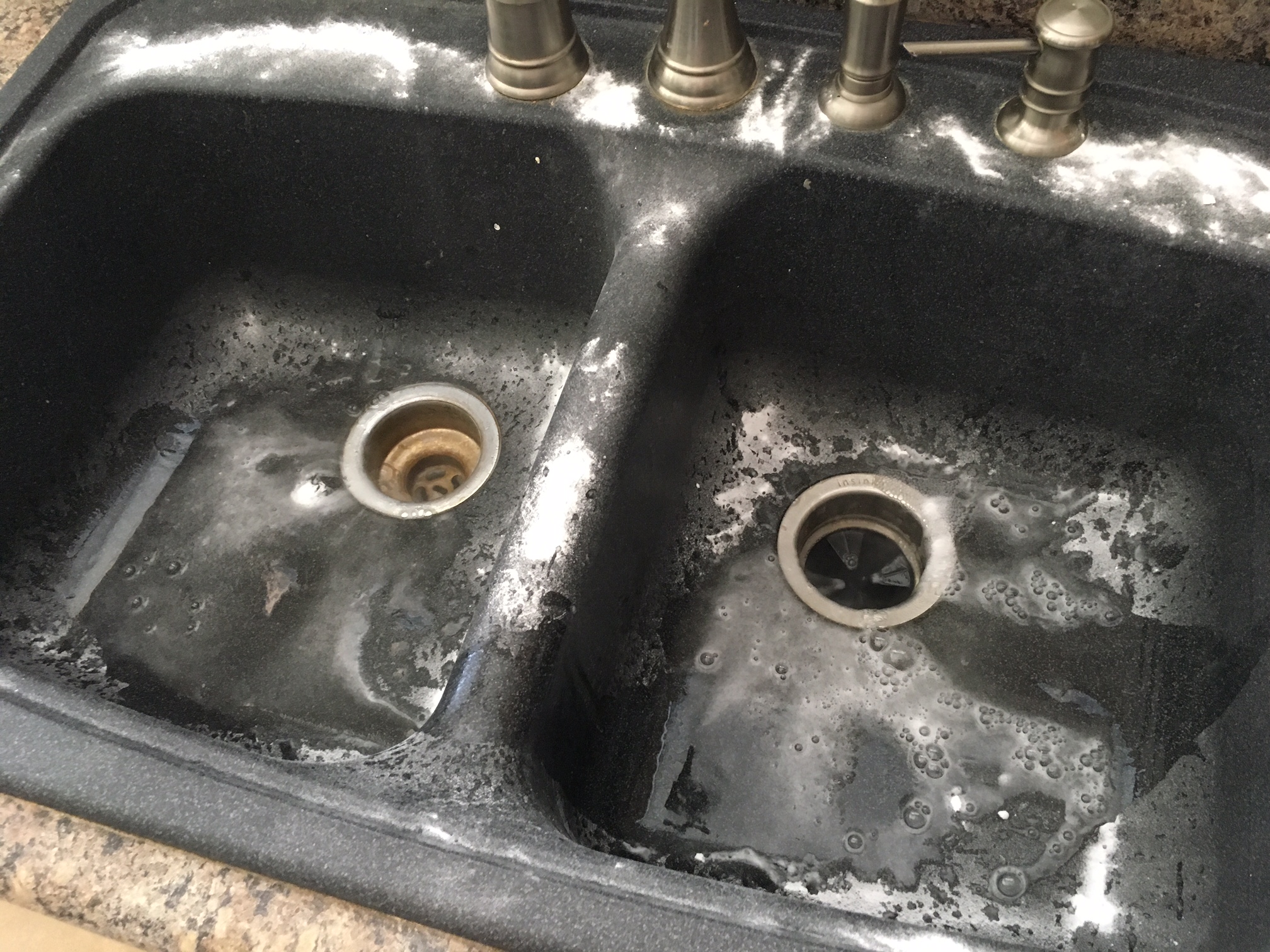

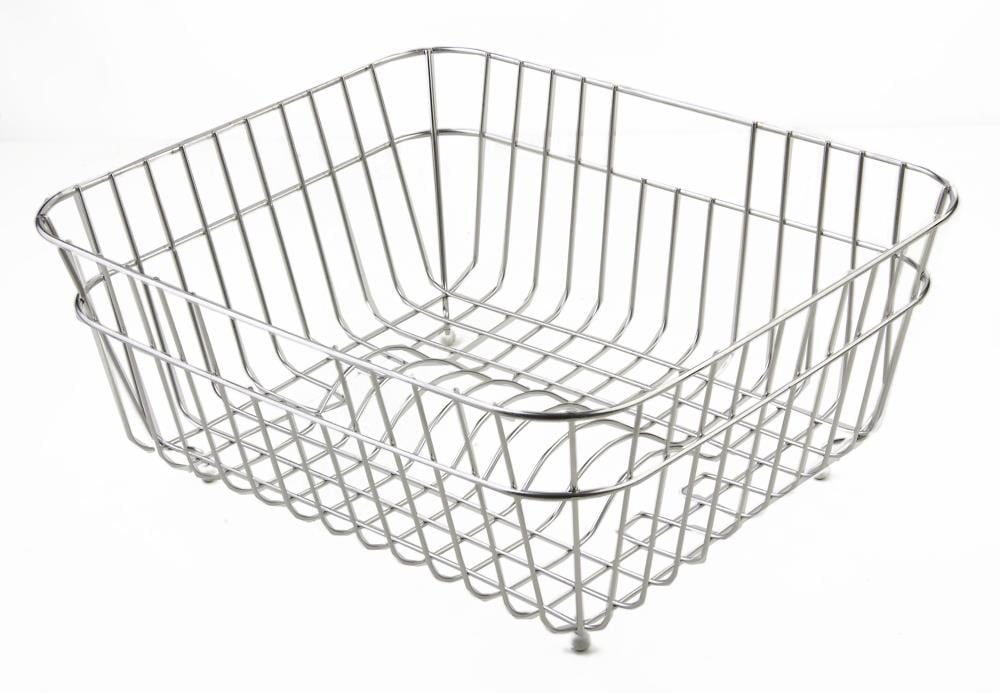



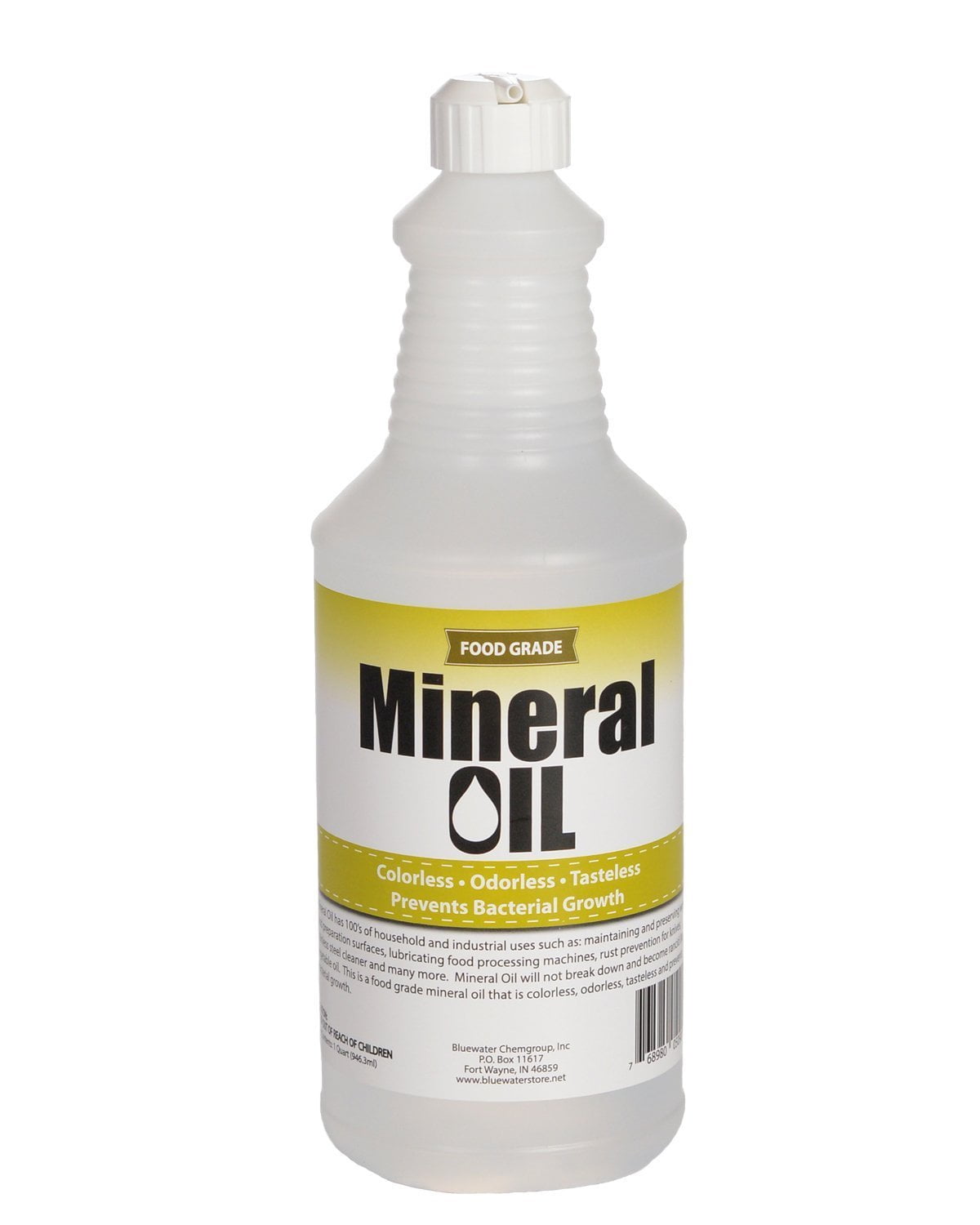


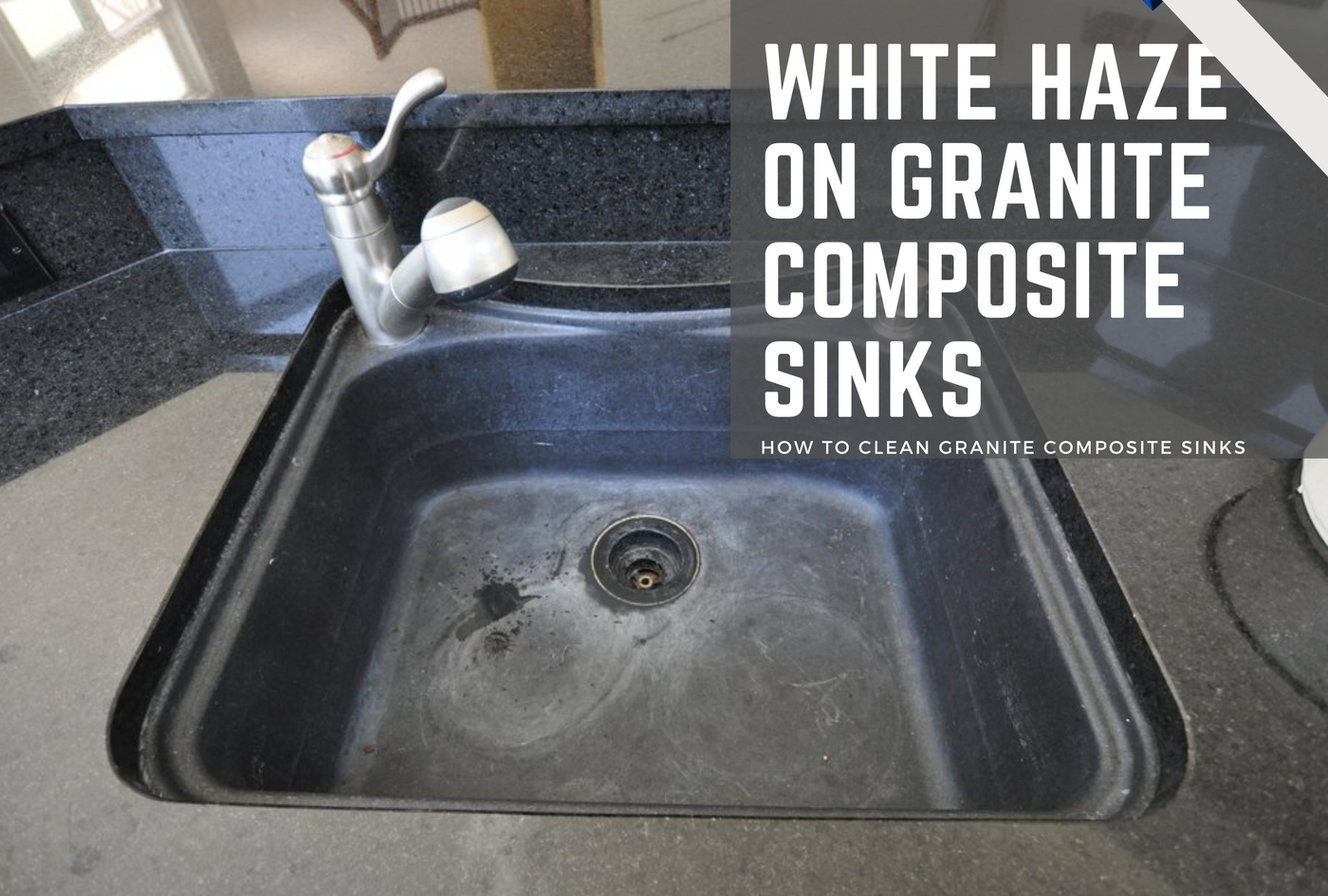



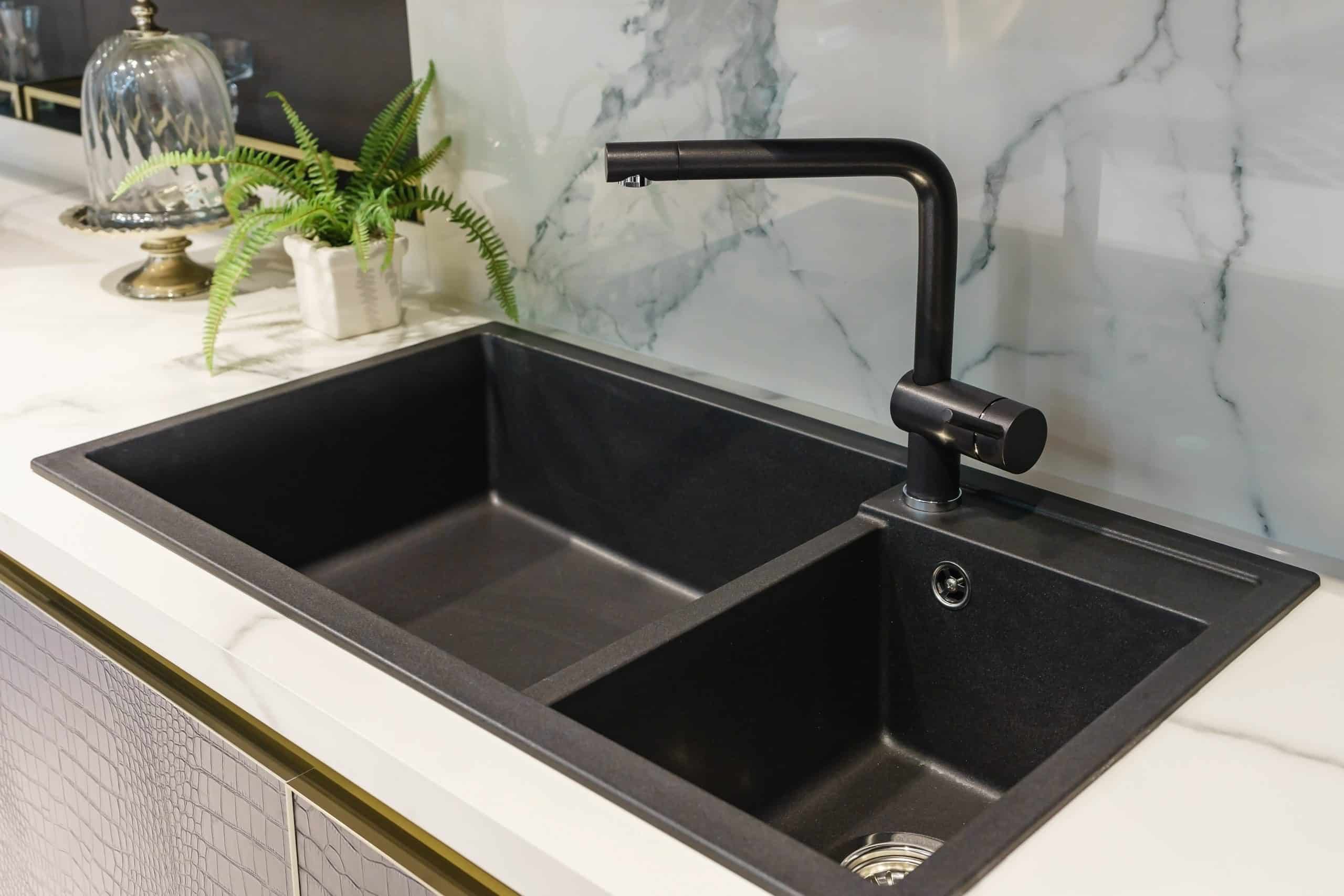



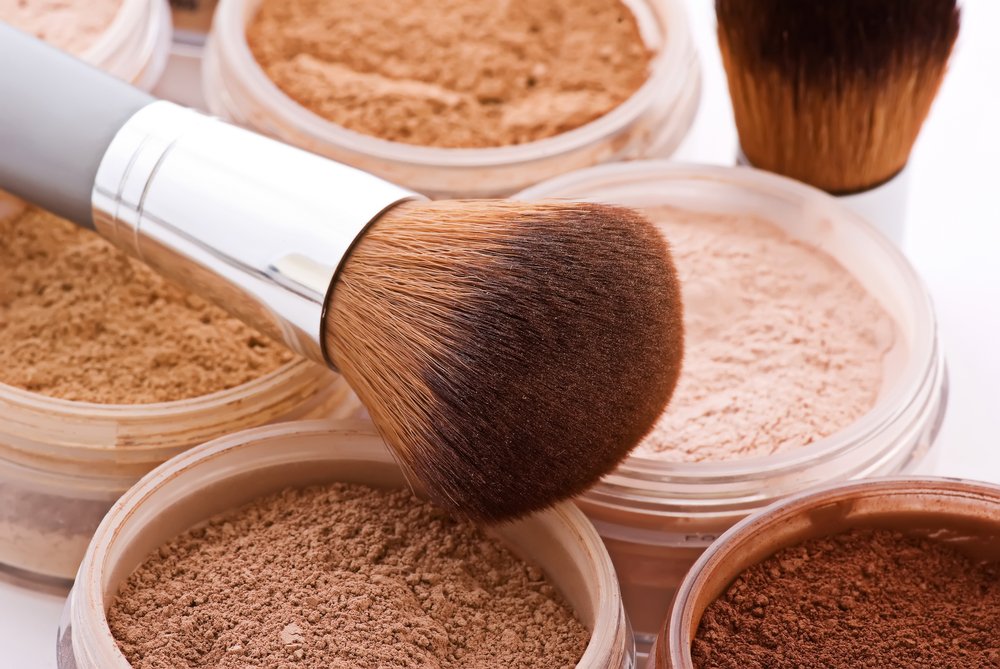






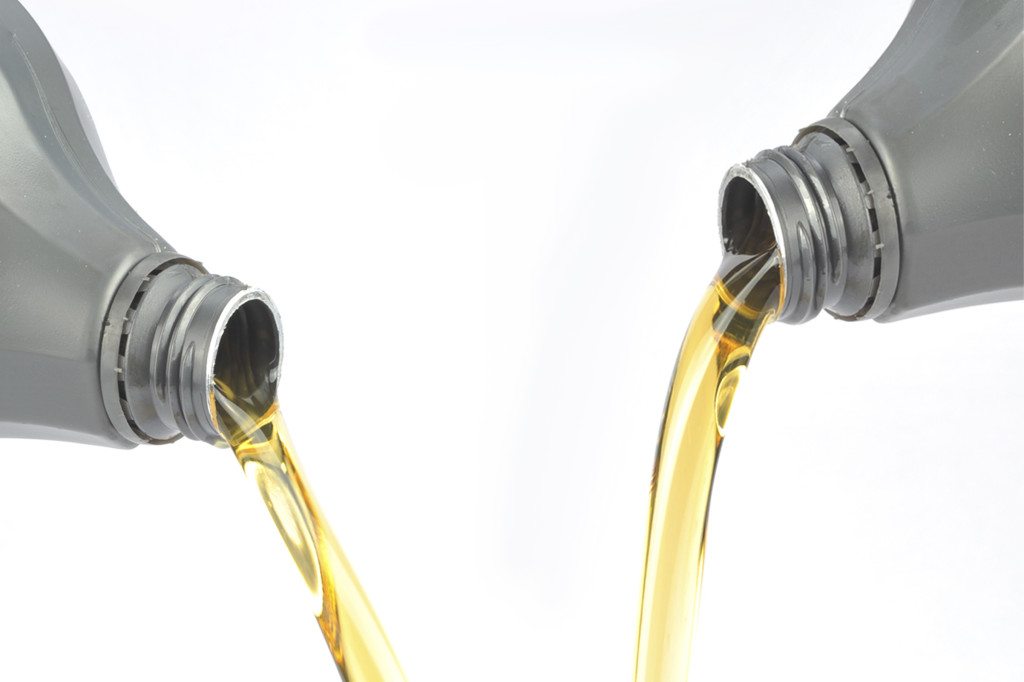




/__opt__aboutcom__coeus__resources__content_migration__serious_eats__seriouseats.com__2018__09__20180822-mineral-oil-bottle-liz-clayman-1-c86c62bbf4484816a7bdc5e771e6a190.jpg)


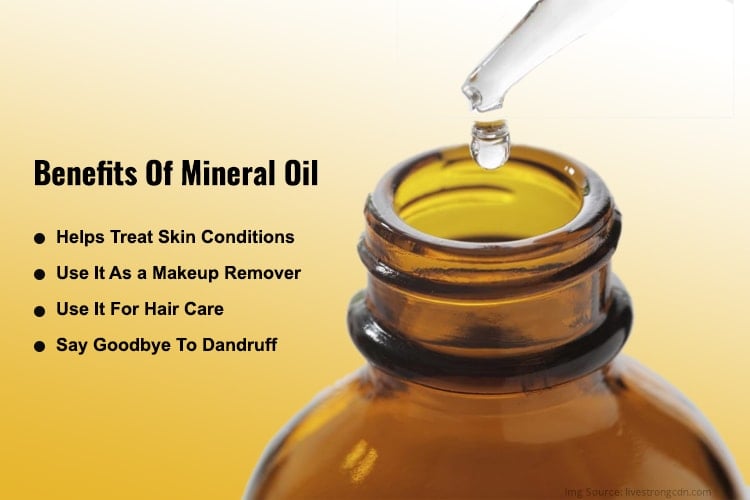
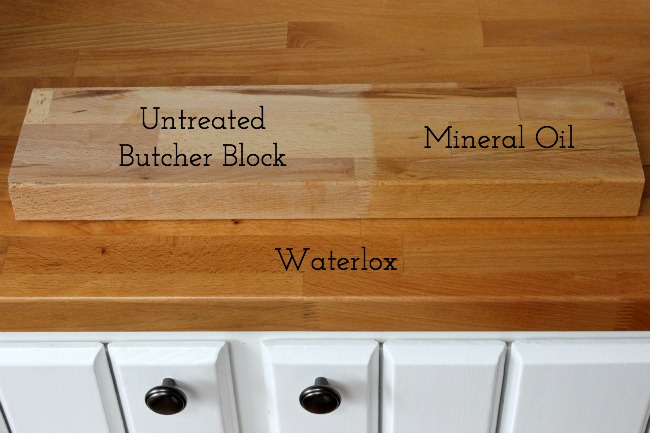
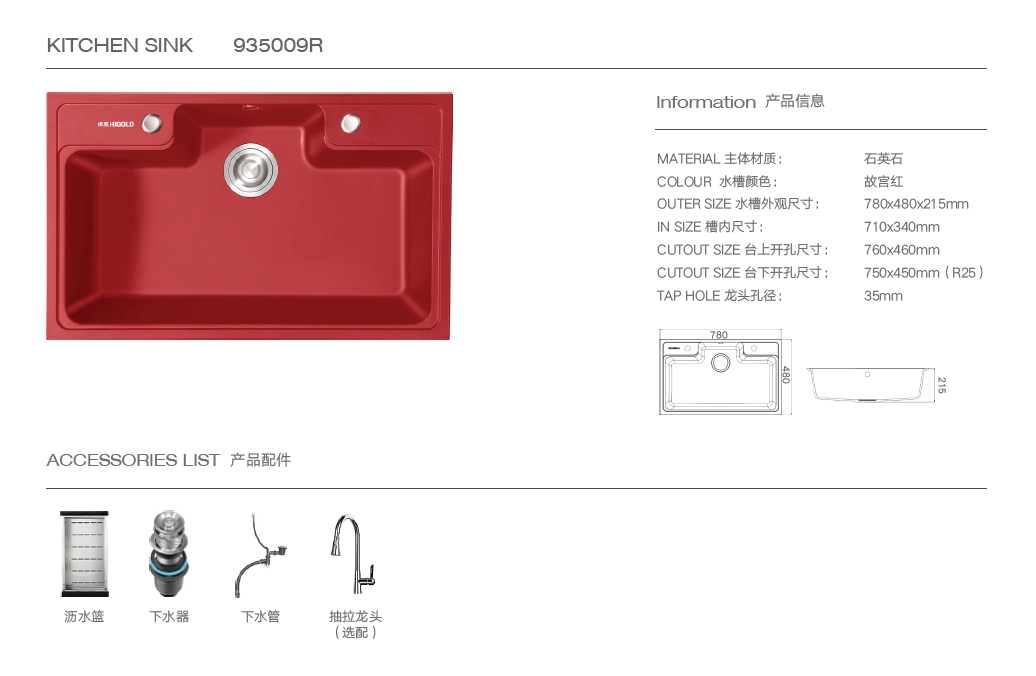


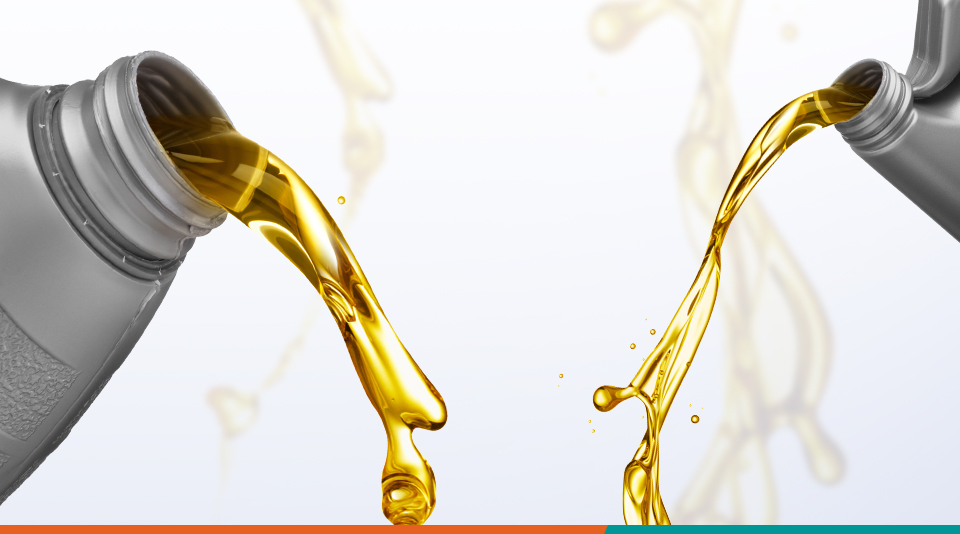

:max_bytes(150000):strip_icc()/what-is-mineral-oil-5081633-v1-c5b82528072447eb9117a767095bba10.jpg)



































